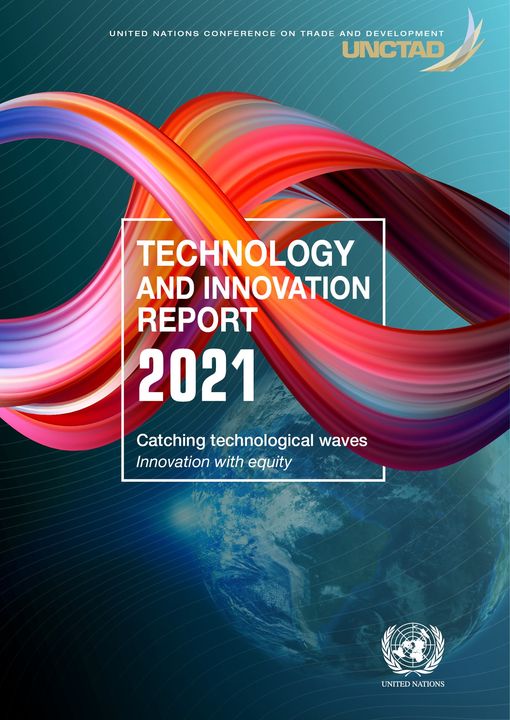With an estimated market value of $350 billion today, the array of emerging digital solutions for life after COVID is likely to be worth over $3 trillion by 2025, according to UNCTAD’s Technology and Innovation Report 2021, which examines the crucial issue of technological change and inequality.
It warns of serious implications for developing countries if the new technological wave overwhelms poorer communities.
Developing countries must embrace ground-breaking technologies that have been a critical tool in tackling the COVID-19 pandemic, or else face even greater inequalities than before, UN economic development experts at United Nations Conference on Trade and Development (UNCTAD) said.
“Very few countries create the technologies that drive this revolution – most of them are created in China and the US – but all countries will be affected by it,” said UNCTAD’s Shamika Sirimanne, head of Division on Technology and Logistics. “Almost none of the developing countries we studied is prepared for the consequences.”
The appeal, which is highlighted in a new UNCTAD report, relates to all things digital and connective, so-called “Industry 4.0” or “frontier technologies”, that include artificial intelligence, big data, blockchain, 5G, 3D printing, robotics, drones, nanotechnology and solar energy.
Gene editing, another fast-evolving sector, has demonstrated its worth in the last year, with the accelerated development of new coronavirus vaccines.
In developing countries, digital tools can be used to monitor ground water contamination, deliver medical supplies to remote communities via drones, or track diseases using big data, said UNCTAD’s Sirimanne.
But “most of these examples remain at pilot level, without ever being scaled-up to reach those most in need: the poor. To be successful, technology deployment must fulfil the five As: availability, affordability, awareness, accessibility, and the ability for effective use.”
With an estimated market value of $350 billion today, the array of emerging digital solutions for life after COVID is likely to be worth over $3 trillion by 2025 – hence the need for developing countries to invest in training and infrastructure to be part of it, Sirimanne maintained.
“Most Industry 4.0 technologies that are being deployed in developed countries save labour in routine tasks affecting mid-level skill jobs. They reward digital skills and capital,” she said, pointing to the significant increase in the market value of the world’s leading digital platforms during the pandemic.
Expressing optimism about the potential for developing countries to be carried along with the new wave of digitalisation rather than be swamped by it, the UNCTAD economist downplayed concerns that increasing workforce automation risked putting people in poorer countries out of a job.
This is because “not all tasks in a job are automated, and, most importantly, that new products, tasks, professions, and economic activities are created throughout the economy,” Sirimanne said.




